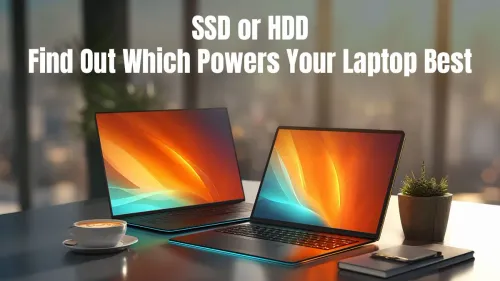
SSD vs HDD – Which is Better?
Discover the perfect storage solution - Explore the benefits of SSD vs HDD and find out which powers your laptop best. 💾🚀
SSD vs HDD gaming laptop performance explained! We ran speed tests in SA to show you exactly how much an SSD upgrade boosts load times and gameplay. See the data and decide if it's time to ditch your old HDD for lightning-fast gaming. ⚡️💻
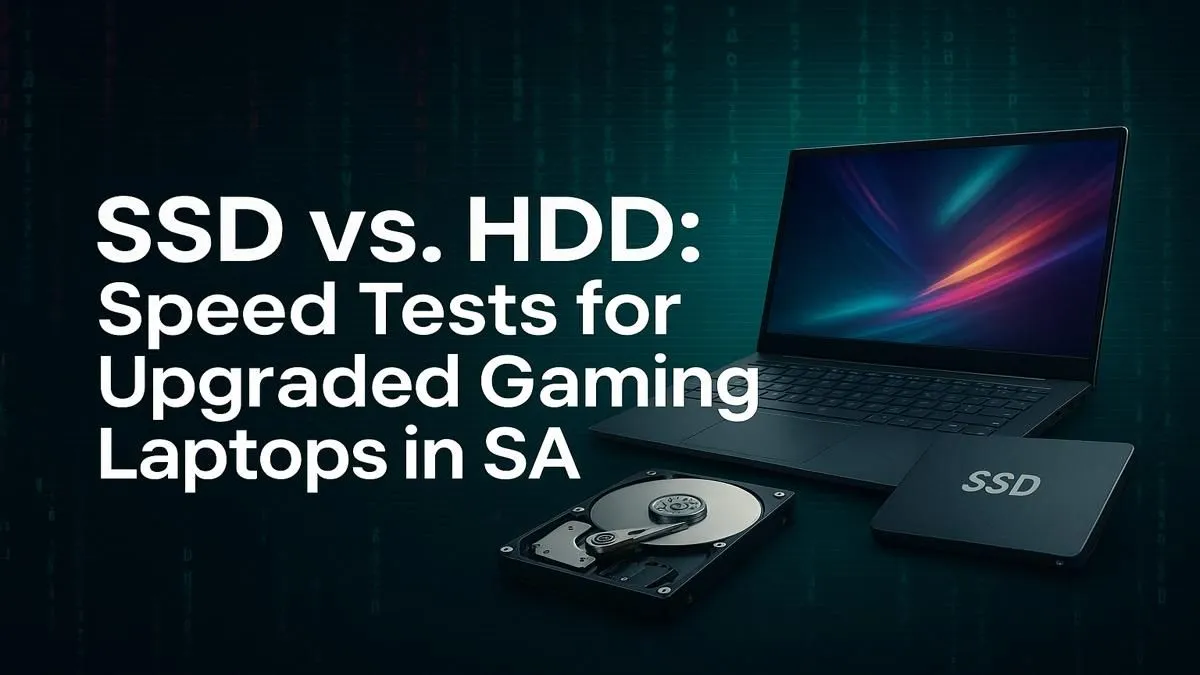
Staring at a loading screen while your mates are already dropping into the action… again? We've all been there. That painful wait is often the biggest difference in the SSD vs HDD gaming laptop debate. For South African gamers, choosing the right storage isn't just a spec—it's the key to unlocking instant-on performance and leaving lag behind for good. Let's break down which drive will give you the competitive edge. 🚀
At its core, the difference between an SSD (Solid-State Drive) and an HDD (Hard Disk Drive) is like comparing a sports car to a freight train.
An HDD is mechanical technology. It uses a spinning magnetic platter (think of a tiny vinyl record) and a read/write head on a mechanical arm to find and access your data. While reliable and offering massive storage for a low price, that physical movement creates a bottleneck. It's why booting up Windows, loading a new map in Call of Duty, or opening a big application can feel sluggish on an HDD-only system.
An SSD has no moving parts. It uses flash-memory chips, similar to a high-end USB drive, to store data. Because it's all electronic, accessing files is nearly instantaneous. This is the secret sauce behind snappy boot times, drastically reduced game load screens, and a system that feels responsive and alive. The debate over SSD vs HDD for gaming performance almost always ends with a clear win for solid-state speed.
Let's talk numbers. While an HDD might take 45-60 seconds to boot into Windows, a modern NVMe SSD can do it in under 10. In a game like Baldur's Gate 3 or Starfield, loading a new area can be 3-4 times faster on an SSD. ⚡
This isn't just about convenience; it's about immersion. You spend more time playing and less time waiting. This single component upgrade provides one of the most noticeable performance boosts you can get, which is why almost all of the best gaming laptop deals today feature an SSD as the primary drive. The difference in a modern SSD vs HDD gaming laptop is truly night and day.
Surprisingly, yes. While you'd never want an HDD as your main (boot) drive in 2024, they still have a role to play. Their biggest advantage is cost-per-gigabyte. You can get a multi-terabyte HDD for a fraction of the price of an equivalent-sized SSD.
This makes them perfect for:
Feeling the need for speed? You have two main paths to get that SSD performance.
This is the simplest solution. A new machine not only guarantees you a fast SSD but also comes with the latest processor, graphics card, and other modern features. It's a complete system refresh. Whether you're looking for affordable gaming laptops under R20k or are ready to invest in high-performance machines over R20k, every option at Evetech is built for modern gaming speeds.
When swapping your old HDD for a new SSD, you don't have to reinstall Windows from scratch! Use free software like Macrium Reflect or Clonezilla to "clone" your entire old drive onto the new one. It copies everything—your OS, settings, and games—making the transition seamless. Just swap the drives, boot up, and enjoy the speed.
If you're comfortable opening up your laptop, upgrading the storage yourself can be a cost-effective choice. Most gaming laptops have accessible slots for 2.5-inch SATA SSDs or the even faster M.2 NVMe SSDs. A quick search for your laptop model's upgrade options will tell you what you need. It's a rewarding project that breathes new life into a slightly older machine.
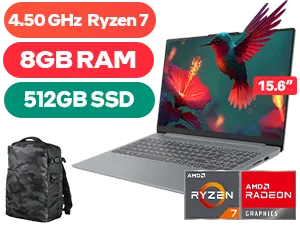
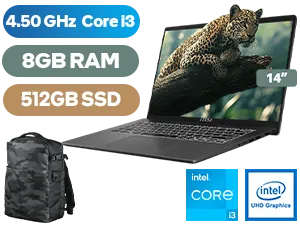
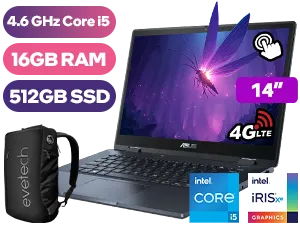
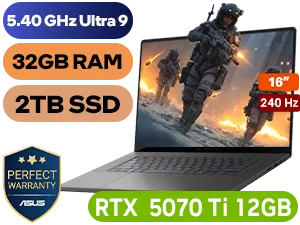
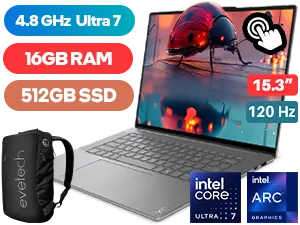
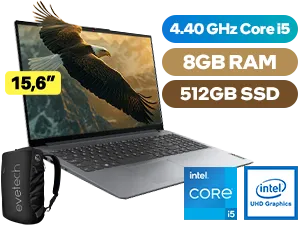
Absolutely. If you're buying a new gaming laptop in South Africa, an SSD is non-negotiable for your primary drive. The performance gains in boot times, game loading, and overall system responsiveness are massive. The SSD vs HDD gaming laptop speed test has a clear winner.
While an HDD can serve as excellent secondary storage, your operating system and most-played games belong on an SSD. It's the foundation of a modern, enjoyable gaming experience, whether you're looking at top-tier GeForce RTX gaming laptops or browsing our complete range of Intel gaming laptops. Don't let a slow drive be the reason you're last to the fight.
Ready for a Real Speed Boost? The SSD vs HDD debate is settled: for pure gaming performance, an SSD is the undisputed champion. Stop waiting and start playing. Explore our massive range of SSD-powered gaming laptops and find the perfect machine to conquer your world.
Absolutely. An SSD dramatically reduces game loading screens, OS boot times, and texture pop-in, providing a much smoother and more responsive gaming experience.
An SSD can be 5 to 20 times faster than a traditional HDD. In gaming, this means loading screens that took a minute on an HDD can take just a few seconds on an SSD.
While an SSD won't directly increase your maximum FPS, it can improve minimum FPS and eliminate stuttering caused by slow data loading from an HDD during gameplay.
The best SSD for a gaming laptop depends on your budget and your machine's compatibility (SATA vs. NVMe). Brands like Samsung, Crucial, and Kingston offer excellent performance.
Yes, many gaming laptops have slots for both. A common setup is installing the OS and games on the SSD for speed, while using a larger HDD for mass media storage.
NVMe SSDs are significantly faster than SATA SSDs, offering the best possible load times. However, for most gamers, even a SATA SSD is a massive upgrade over an HDD.